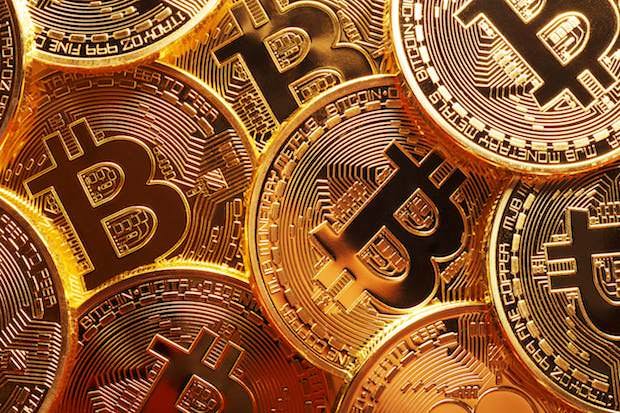
You may have heard about Bitcoin in the news or from friends lately. If you've been paying a little bit of attention, you also may have heard about the price movements, ransomware attacks, investment opportunities, high-profile thefts, and so on. You may have asked yourself, "What's a Bitcoin and why should anyone use it?"
Creating digital money isn't easy because as you may know, it's very trivial to create duplicates of digital files and data. Clearly, you don't want customers to have the capability to clone their digital cash or to spend their digital dollars multiple times. If this were to occur, then the value of each digital dollar would rapidly become worthless. This problem is known as double-spending, and it's a very undesirable property of any digital currency. Once your money is spent it shouldn't be possible to spend that money again since ownership of that money should be transferred to someone else.
Bitcoin was first released in 2009 by Satoshi Nakamoto via a paper titled, Bitcoin: A Peer-to-Peer Electronic Cash System. In this paper, Nakamoto describes how the double-spend problem can be solved for a digital currency by cleverly utilizing cryptography (most importantly, digital signatures), peer-to-peer networking, and a system known as proof-of-work. So in essence, bitcoins are really just chains of digitally signed messages (transactions) in which each transaction indicates a transfer of monetary value. Rather than relying on banks or other third parties, users transact directly with each other without having to rely on trust.
In traditional banking, customers must trust that their banks will keep their money safe, protect their sensitive information, perform desired transactions, and provide access to that money at any time. Unfortunately, each bank account, including its history of transactions, is linked with the identity of the account holder. This means that it's quite possible for an attacker or government agency to discover the parties that authorized a set of transactions.
In Bitcoin, however, the user has more control over their own money and the network is in charge of enforcing the rules instead of executives, governments, or regulators. Additionally, the link between identities and transactions is decoupled. This means that every transaction can be made public without exposing identities. The entire ledger and its history are visible to everyone. Although you know that money is being exchanged, you don't know the identities of the ones participating in the exchanges.
In order to spend bitcoins, they first need to be created somehow. Ultimately, this would be done by the central bank since they're in control of the economy's money supply. In Bitcoin, special users, called miners, are regularly rewarded for securing the network with newly minted bitcoins and have the right to collect transaction fees. The network currently is set up to produce a 12.5 bitcoin reward about every 10 minutes. This reward will halve about every 4 years until a total of 21 million bitcoins are created after which no more bitcoins will enter circulation. In a sense, it's analogous to mining precious metals. Gold isn't being created from nothing. It's there buried in the ground, but it has to be dug up. Similarly, the Bitcoin protocol defines the total number of bitcoins that can be mined and the rate at which they're generated. Those bitcoins are simply waiting to be mined.
The excitement behind Bitcoin and other related blockchain technologies is the potential for low fee transactions, resistance to attacks and manipulation, service to the unbanked, smart contracts, privacy, censorship resistance, elimination of corruption, and the creation of decentralized autonomous organizations. Bitcoin can radically change the way we use money in the future by taking advantage of digital technologies to solve problems that the legacy banking system faces today.
Congratulations @black-ice! You have completed some achievement on Steemit and have been rewarded with new badge(s) :
Click on any badge to view your own Board of Honor on SteemitBoard.
For more information about SteemitBoard, click here
If you no longer want to receive notifications, reply to this comment with the word
STOP